Wings of Fire Summary by Abdul KalamDr. Abdul Kalam, a renowned scientist from India, held multiple prestigious positions, such as chancellor, professor, and aerospace engineer at the Indian Institute of Space Science and Technology. His popularity among the populace earned him the nickname "the People's President" during his tenure as India's 11th President, from 2002 to 2007. 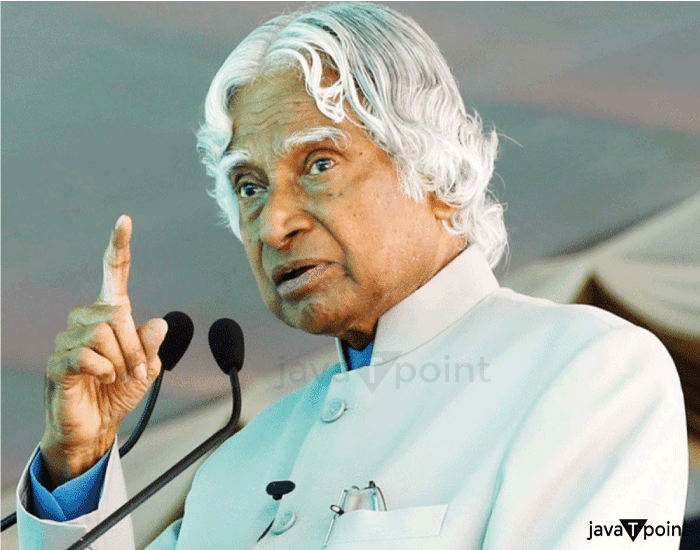
India's first satellite launch vehicle, the SLV-3, was made feasible thanks to Dr. Abdul Kalam's dedication. His contributions to ballistic missile and space rocket technologies earned him the nickname "Missile Man" of India. In 1998, Dr. Abdul Kalam played an important role in India's second nuclear test, Pokhran-II, conducted after the inaugural test in 1974. The three highest civilian honors in the nation-the Padma Bhushan (1981), Padma Vibhushan (1990), and Bharat Ratna (1997)-were bestowed upon Abdul Kalam. Additionally, he received honorary doctorates from thirty universities. IntroductionFormer Indian President Dr. Abdul Kalam writes about his life in his autobiography, "Wings of Fire." The book chronicles his journey from a humble South Indian boy to his role in developing India's nuclear weapons and eventually becoming president. Through this autobiography, readers can gain insight into pre-partition India. In this book, Dr. Abdul Kalam shares his journey from humble beginnings and the challenges he faced in his personal and professional life. He also discusses the principles of positive thinking that helped him achieve success. The book also highlights India's struggle for technological independence and self-defense. StoryShot No. 1Kalam's Early Years 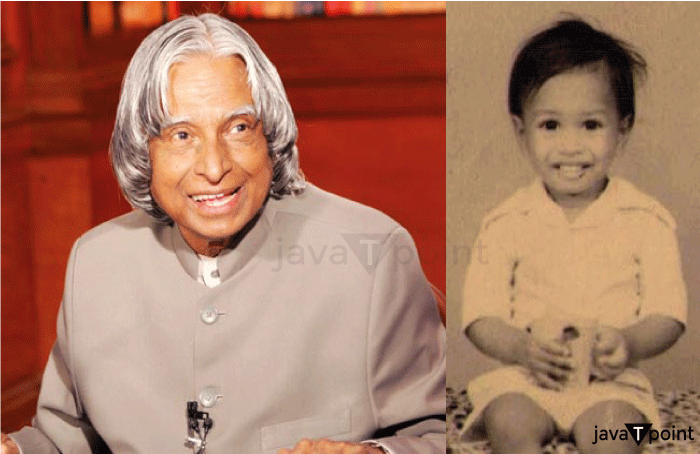
The book focuses on Abdul Kalam's early life, beginning with his birth into a Tamil middle-class family in Rameswaram, India. His father owned a boat, considered a sign of wealth in the community. Rameswaram was a close-knit society where everyone helped each other, making it an ideal place to raise a family. From a young age, Kalam was taught to respect all religions and encouraged to discuss spirituality openly. At the neighborhood mosque, his father served as an imam as well. Growing up, Abdul Kalam believed that faith was essential to being human. Kalam's family encouraged him to study diligently and excel academically. During dinner, they frequently discussed the latest scientific discoveries and innovative books, which sparked Kalam's passion for learning. These conversations laid the groundwork for his burgeoning interest in education. His mother was more like a friend to Kalam than a parent because of how close his parents were to him. He also mentions his best buddy, Ahmed Jalaluddin, in his writing. Abdul Kalam became intellectually and spiritually mature at an early age due to the significant age difference between him and Ahmed, who was almost 15 years older. They frequently discussed Islam while attending the mosque together. StoryShot No. 2Learning Complicated Subjects in High School 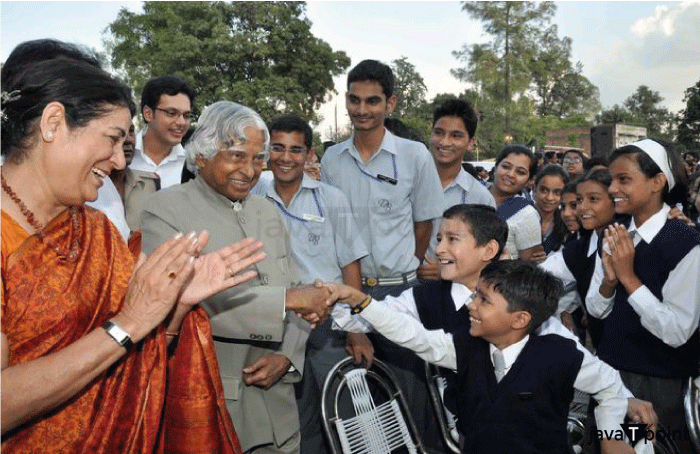
To pursue his passion for advanced technology and science, Kalam departed from his birthplace and joined Schwartz High School in Ramanathapuram. Abdul Kalam enjoyed school until a new teacher, Rameswaram Shastry, arrived. One day, while sitting beside a Hindu student, the teacher noticed them and reprimanded Kalam for breaking a rule. As a consequence, Kalam was sent to the back of the classroom. Many people held prejudiced views during India's division, but Abdul Kalam chose to combat this by remaining tolerant of all religions throughout his life. This decision was made after an encounter that made him realize the harm caused by prejudice. For his younger brother's financial assistance, Kalam sold newspapers. In his book, Kalam acknowledges his friends' and family's support and encouragement as the key reason behind his success. StoryShot No. 3Kalam's Initial Experiences in Engineering. 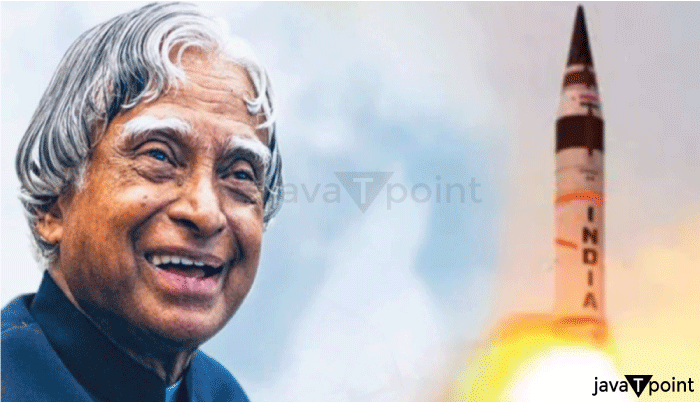
In high school, Kalam excelled academically and developed a passion for science. However, after obtaining his B.Sc. in physics, Kalam recognized that he needed to pursue engineering to reach his aspirations. As a result, he enrolled in the Madras Institute of Technology in a program for engineers. Despite being wealthy, he could not pay his admission expenses. Thankfully, his eldest sister acknowledged his potential and helped him find a place to stay by providing financial assistance during his initial years at the Madras Institute of Technology. StoryShot No. 4Learn How to Fly Abdul Kalam was motivated by someone's kindness to strive for a scholarship. His hard work paid off, and he alleviated some of his older sister's financial burdens. Along with pursuing academic excellence, Abdul Kalam dreamed of becoming a pilot. It's logical for Kalam to choose aeronautical engineering as his career path at university. Abdul Kalam's advice can be of great help to future engineering students. He suggests that when selecting their specialization, they should consider whether it aligns with their inner feelings and aspirations. Abdul Kalam decided to pursue a career in aeronautical engineering because it aligned with his interests. He believes that individuals should choose a career path that matches their aspirations, regardless of their profession. It is the most essential factor for future engineers and other professionals. StoryShot No. 5Looking for a job. 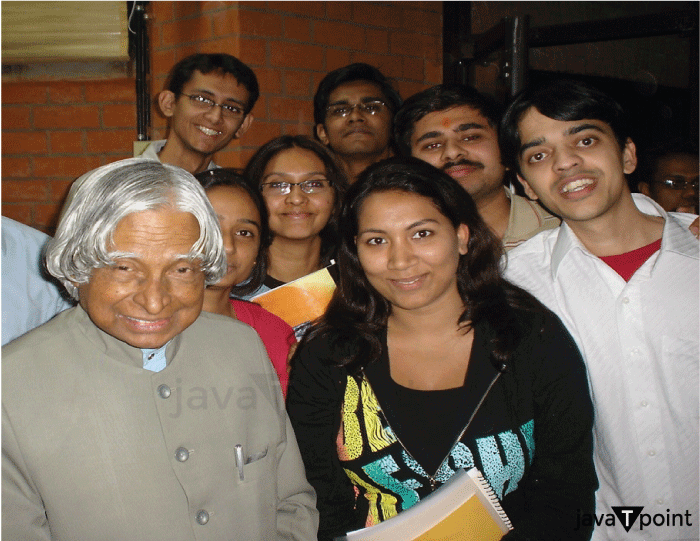
After completing his undergraduate degree, Abdul Kalam faced a decision between his two hobbies. He first desired to join the Air Force, but the Directorate of Technical Development and Production inside the Indian Ministry of Defense was his second option. Unfortunately, Kalam's application to join the Air Force to follow his dream of flying was turned down. Abdul Kalam experienced a significant letdown when he met Swami Sivananda, a renowned yoga master, author, and spiritual guide. As a result, he took a trip to Rishikesh, where he had a life-changing encounter with Sivananda. During this meeting, Sivananda imparted a valuable lesson to Kalam: he needed to come to terms with his destiny and move forward. This incident had a significant influence on Kalam's life. It can be more beneficial to concentrate on the past. Kalam could have been more successful if he had focused on progress. Although he did work as a Senior Scientific Assistant for the Directorate of Technical Development and Production, he did employ his enthusiasm for aviation engineering. Throughout his life, Abdul Kalam encountered numerous obstacles. He valued the artistic liberty he was given to construct his aircraft, including the indigenous hovercraft called the Nandi. Abdul Kalam invested much hard work and ingenuity into crafting this hovercraft. Abdul Kalam presented a proposal for importing hovercrafts, but unfortunately, it was rejected by the new minister, who informed him that his work needed to be better. That was another setback for Abdul Kalam's dream of becoming an astronaut, but he remained optimistic. He remembered Sivananda's valuable lesson: not to let things beyond your control affect you emotionally. StoryShot No. 6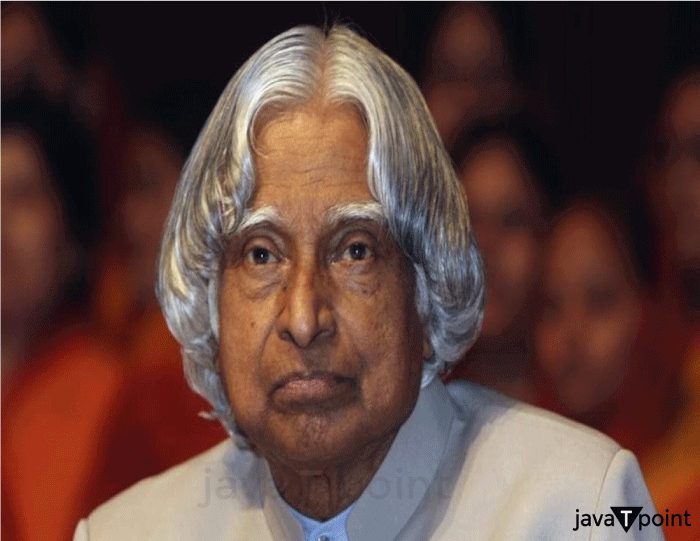
"Changes in the Destiny of Abdul Kalam" Abdul Kalam's design, Nandi, faced initial disapproval, but its journey continued. Despite the setback, the design generated excitement and curiosity. As if destiny had intervened, the Indian Committee for Space Research saw the potential and asked Abdul Kalam for an interview. During the interview for the role of a rocket engineer, Prof. Sarabhai, the man who started the Indian Space Program, was introduced to Abdul Kalam. After receiving a job offer, Abdul Kalam spent several years as a rocket engineer. As a result, a substantial amount of educational content is covered in this book. This article will examine the many space organizations and facilities in India. We will also discuss the notable achievements of Abdul Kalam in the field of rocket science, including the successful launch of SLV-3, which earned him the prestigious Padma Bhushan award after an initial setback. The second-highest civilian honor awarded by the Indian government is the Padma Bhushan. Later, Abdul Kalam shifted his focus to rocketry while working at the Defence Research and Development Organization. He introduced the Integrated Guided Missile Production Program, successfully producing five missiles. Since India's missile program was successfully launched, Abdul Kalam was given the Padma Vibhushan Award. Kalam believed that India has the potential to be a technology leader and that failures can pave the way for valuable learning experiences. Abdul Kalam learned a lot about business and leadership from Prof. Sarabhai. Initially, he believed in open discussions instead of giving orders at the start of his career. He later came to understand that leadership is present at every level. StoryShot No. 7Abdul Kalam's Workstyle 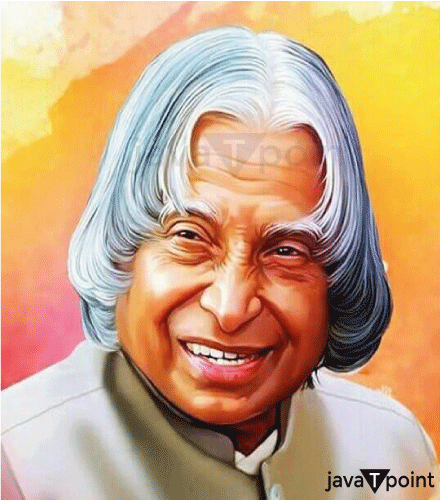
Abdul Kalam had several projects to manage, but he was very disciplined with his time. He would start his day by cleaning his desk and organizing his workspace, which helped him be more productive. Abdul Kalam organized his desk by prioritizing the documents based on their level of urgency. He separated the immediate tasks from the rest and dealt with each separately. His keen eye for detail enabled him to respond promptly to tasks that required urgent attention, particularly those that could impact his performance or set him apart. Abdul Kalam was renowned for his solid commitment to excellence and work ethic. He urged people to view their failures as chances for progress since he thought making mistakes was essential to learning. To avoid making avoidable mistakes, Kalam recommended learning the skills necessary to correct them and improve oneself. The three highest civilian distinctions in India were given to Abdul Kalam following his philosophy: the Bharat Ratna in 1997, the Padma Vibhushan in 1990, and the Padma Bhushan in 1981. Moreover, he was granted honorary degrees from over 30 universities across the globe. StoryShot No. 8The Passing of Dr. Abdul Kalam. 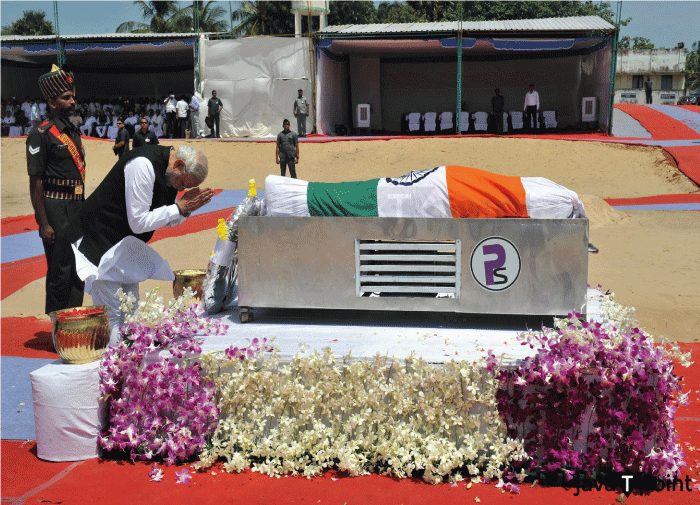
Although this book does not cover it, the death of Kalam is a testament to the kind of person he was. He dedicated his life to increasing India's technological and scientific knowledge before passing away from a heart attack while delivering a speech to science students. StoryShot No. 9Three Major Influences 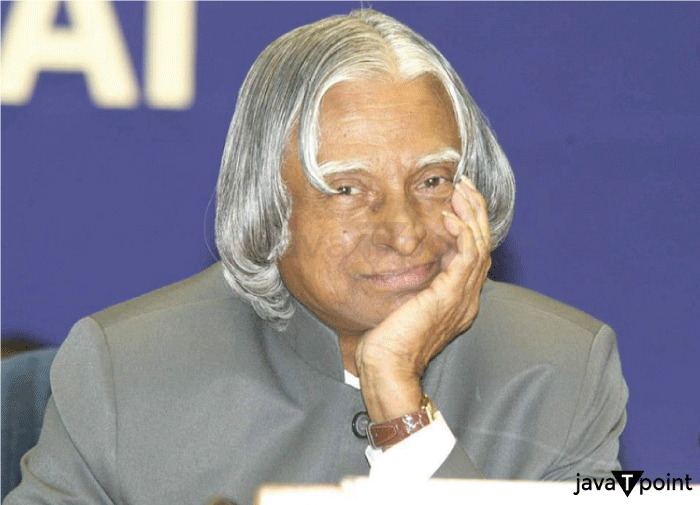
To achieve success and produce results in life, it's essential to understand three crucial factors: desire, belief, and expectations. These factors fueled Dr. Abdul Kalam's success. He had a strong desire to use science and technology to improve India. Additionally, Dr. Abdul Kalam believed in his abilities and trusted that God would guide him toward his goals. This unwavering conviction helped him overcome obstacles, such as being rejected by the Air Force. Dr. Abdul Kalam chose not to give up when faced with obstacles, instead seeing them as opportunities to find a better path. He emphasized the importance of setting goals in life, as they provide a framework for responding to challenges. Success and failure are only possible with expectations, allowing one to learn from failures and improve. Final Analysis & Wings of Fire ReviewIn the book "Wings of Fire," the author provides a biography of Dr. Abdul Kalam, one of the most significant personalities in Indian history. The book highlights Dr. Kalam's impact on both politics and science. It also emphasizes the importance of using desire, belief, and expectations to achieve personal goals.
Next TopicCold War Summary
|
 For Videos Join Our Youtube Channel: Join Now
For Videos Join Our Youtube Channel: Join Now
Feedback
- Send your Feedback to [email protected]
Help Others, Please Share









